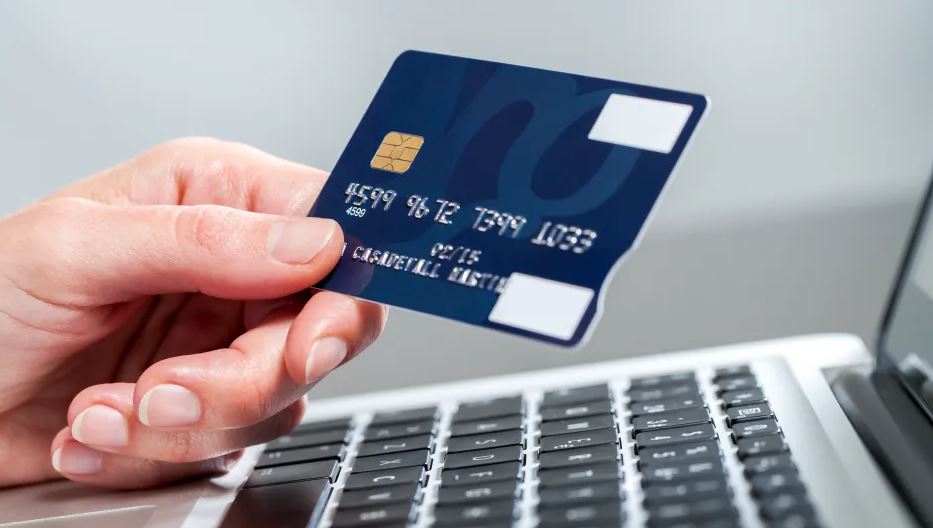At Globelivemedia we explain how to transfer money from your credit card to your bank account if you are in the US, and we also explain if this is a good idea, financially speaking
Money transfers from your credit card to your bank account, in the United States, are usually carried out through a movement known as “cash advance” or cash advance, a common operation that allows you to fear money in cash in an emergency. In this way, you can borrow money from your credit card to make a specific purchase.
According to information from the credit reporting company Experian, this operation can be carried out in the following ways:
1) Direct transfer: Some financial institutions allow you to transfer funds from your credit card to your checking account directly. This option is available, for example, for users in the U.S. Bank, who can carry out the transfer online.
2) ATMs: Many banks and credit unions allow you to withdraw money from your credit card through ATMs. You just have to make sure that your plastic has a PIN number. You can then take this money and deposit it directly into your checking account through the same ATM.
3) In person: you can request, through the branch of your bank issuer, a cash advance from your credit card and deposit this money in your checking account.
4) Convenience checks: These are checks that your credit card issuer sends you and that you can deposit into your bank account. They work the same way as a traditional check, except the money comes from, as you may have guessed, your credit card.
Is it a good idea to transfer money from my credit card to a bank account?
Strictly speaking, transferring money from your credit card to a bank account is not a good idea. It is always more recommended that you use money from your income or from your savings, as this will not cause your debt to increase, unlike using money from your card, which will cause your debt to increase due to interest.
If there is no other option, personal finance specialists recommend that you transfer the money from your credit card with lower interest rates or, if possible, from a plastic with a temporary introductory period of 0% annual interest (APR).
Also, you should bear in mind that this type of operation could have a negative impact on your credit history, since it would increase your credit use ratio, which is one of the determining factors of your credit score (in fact, it represents 30 % of your credit score, that is, it is the second most important factor to take into account after the punctuality of your payments).
Therefore, it is preferable that you avoid, as far as possible, transferring money from your credit card to a bank account.

